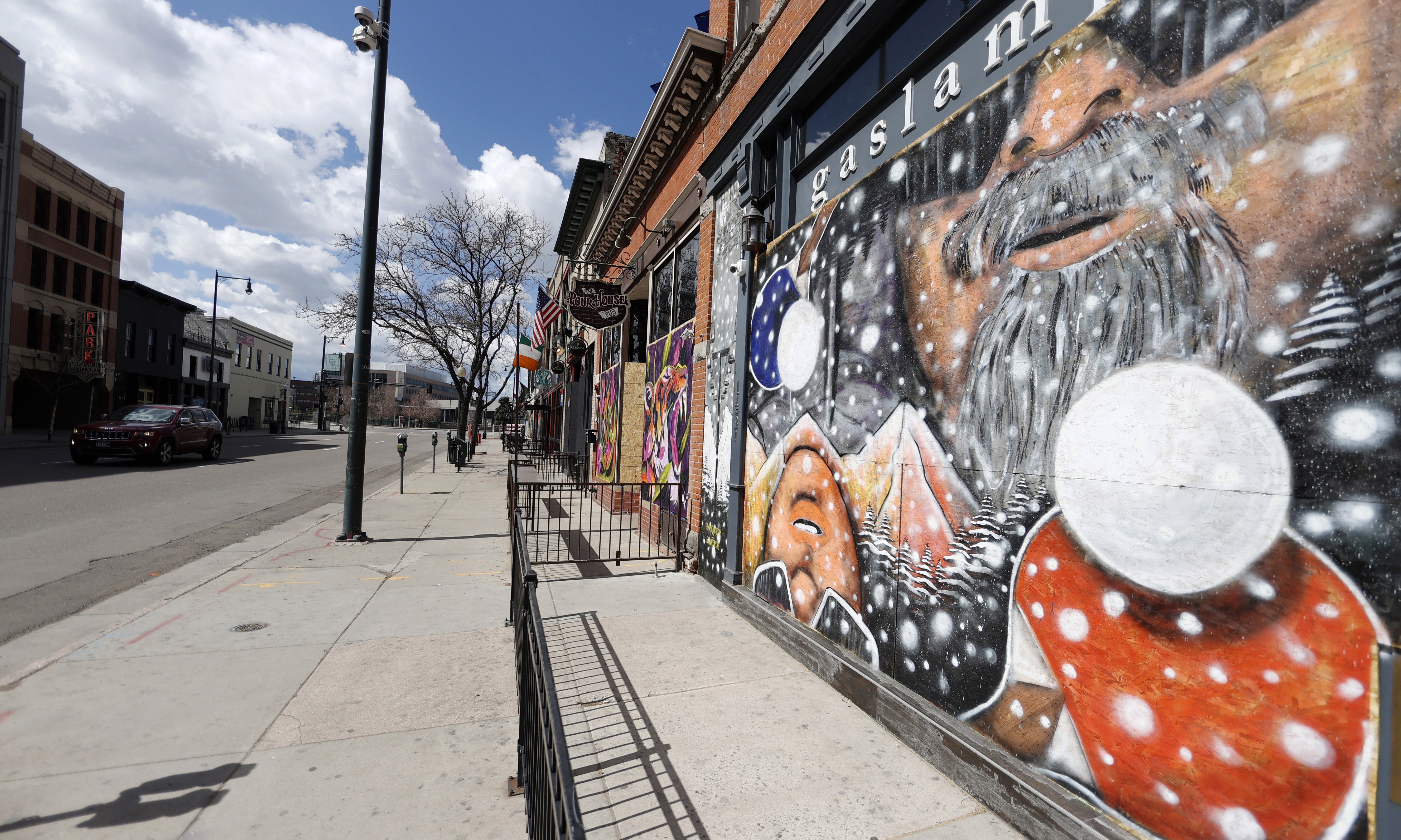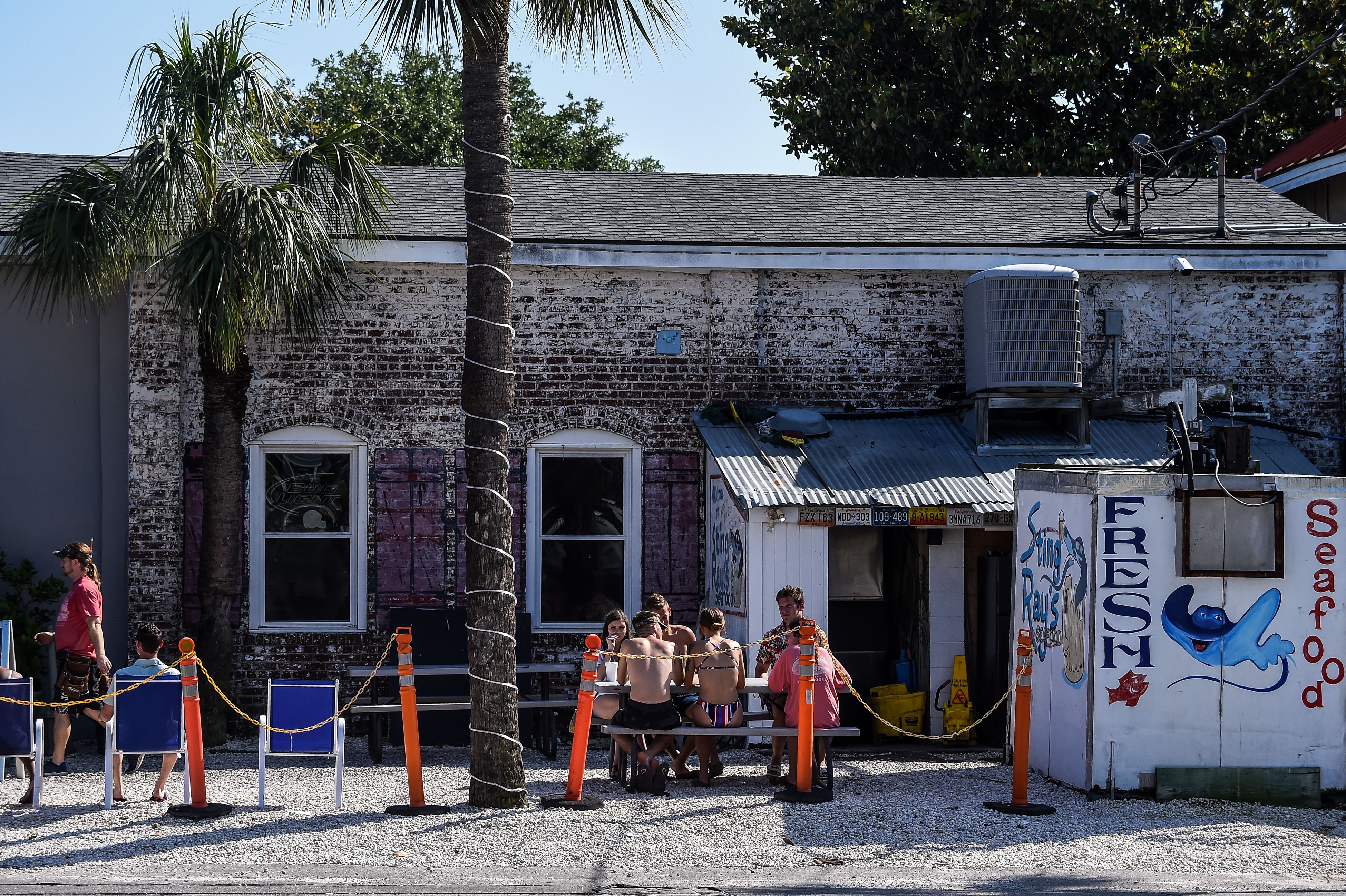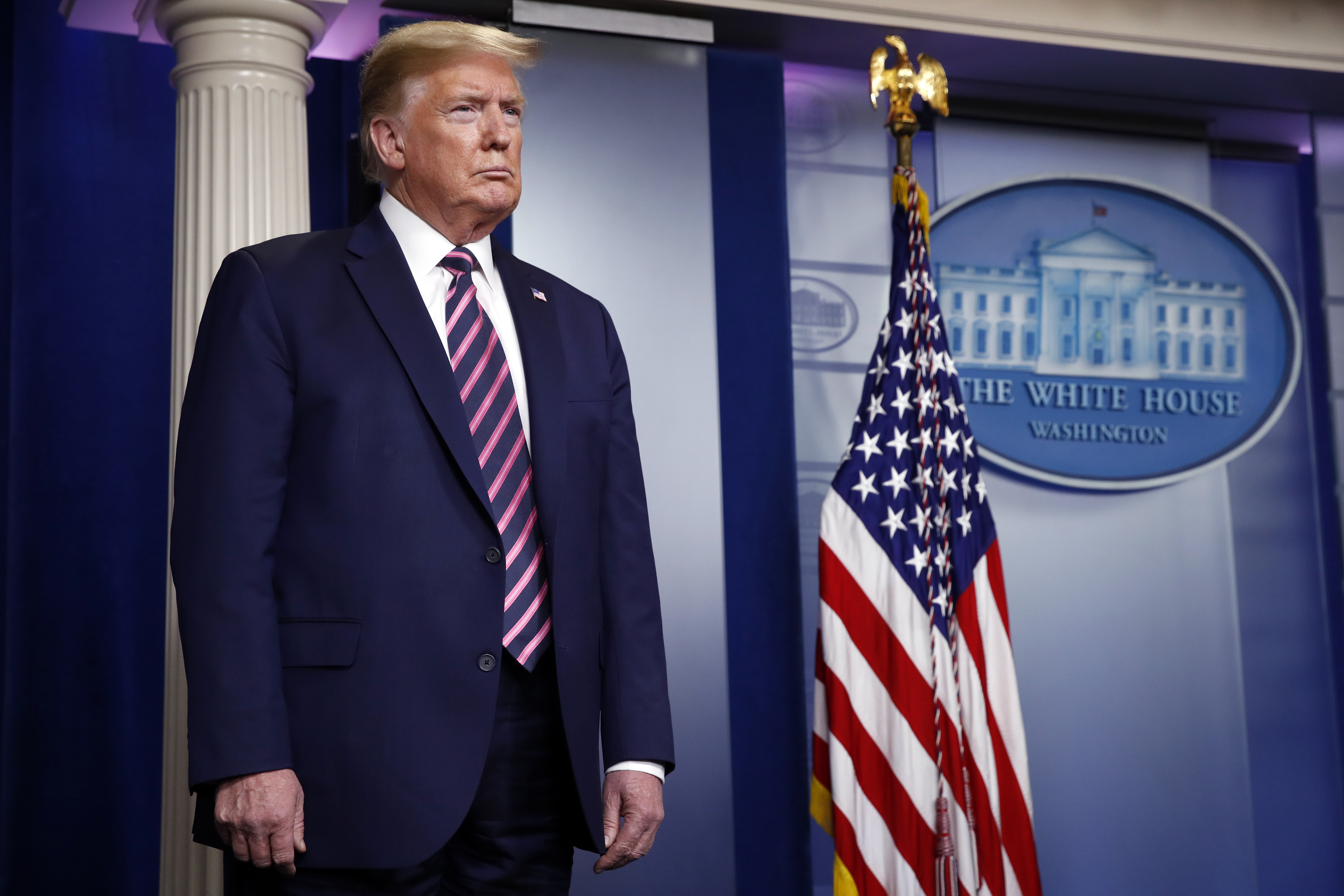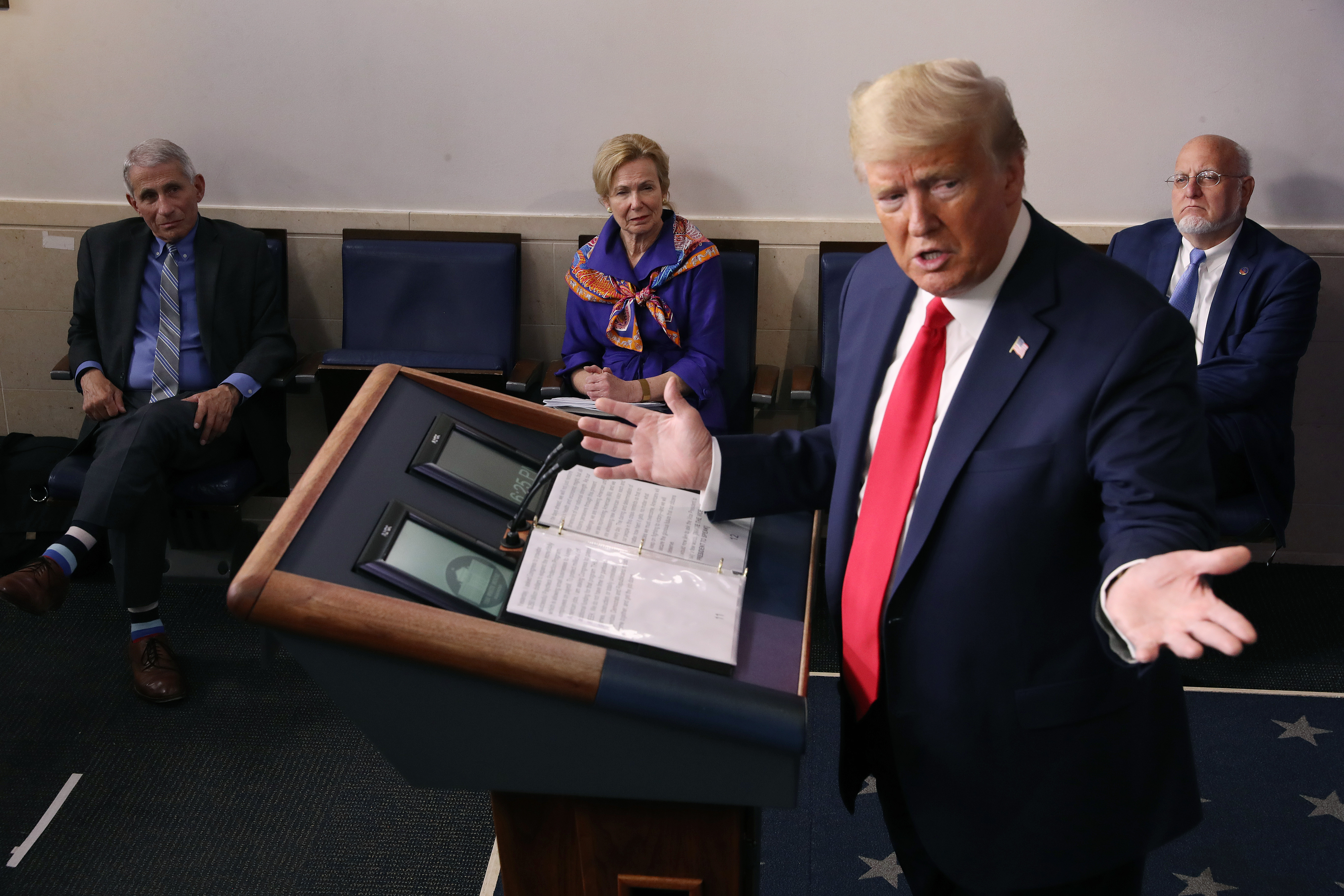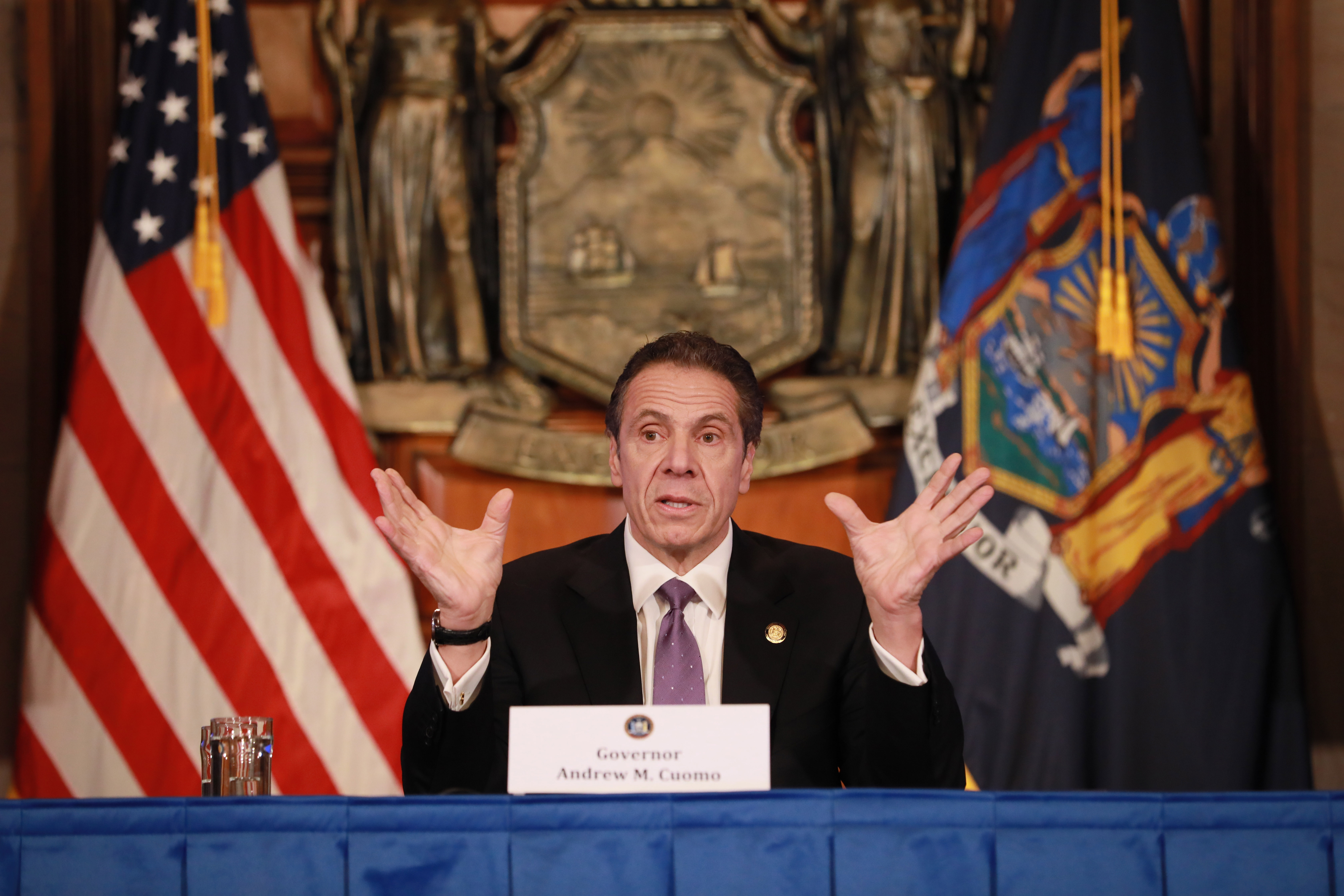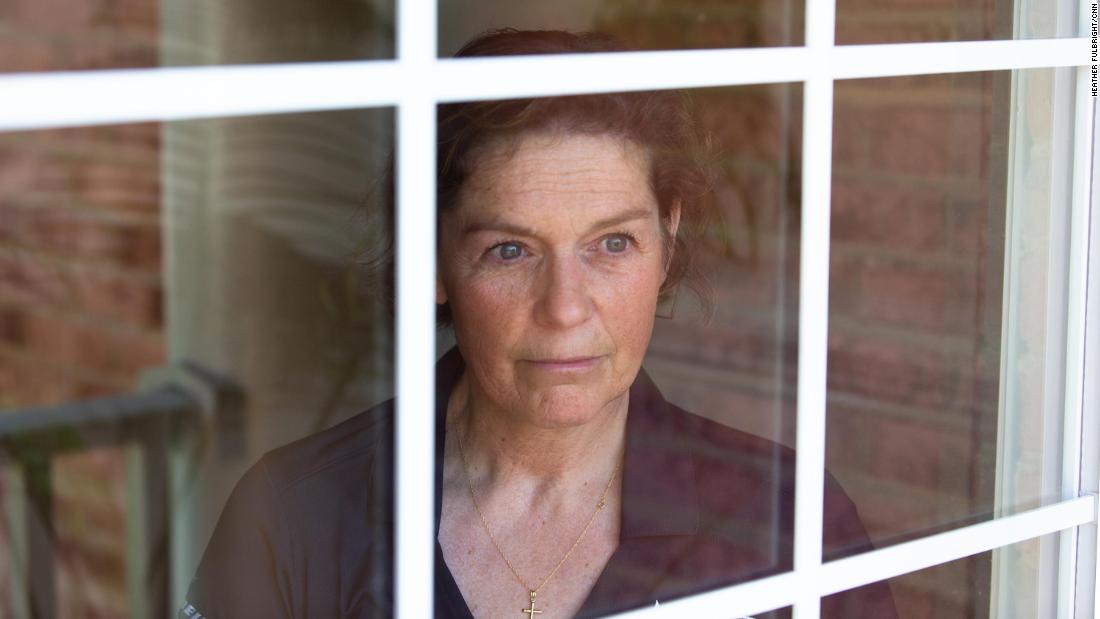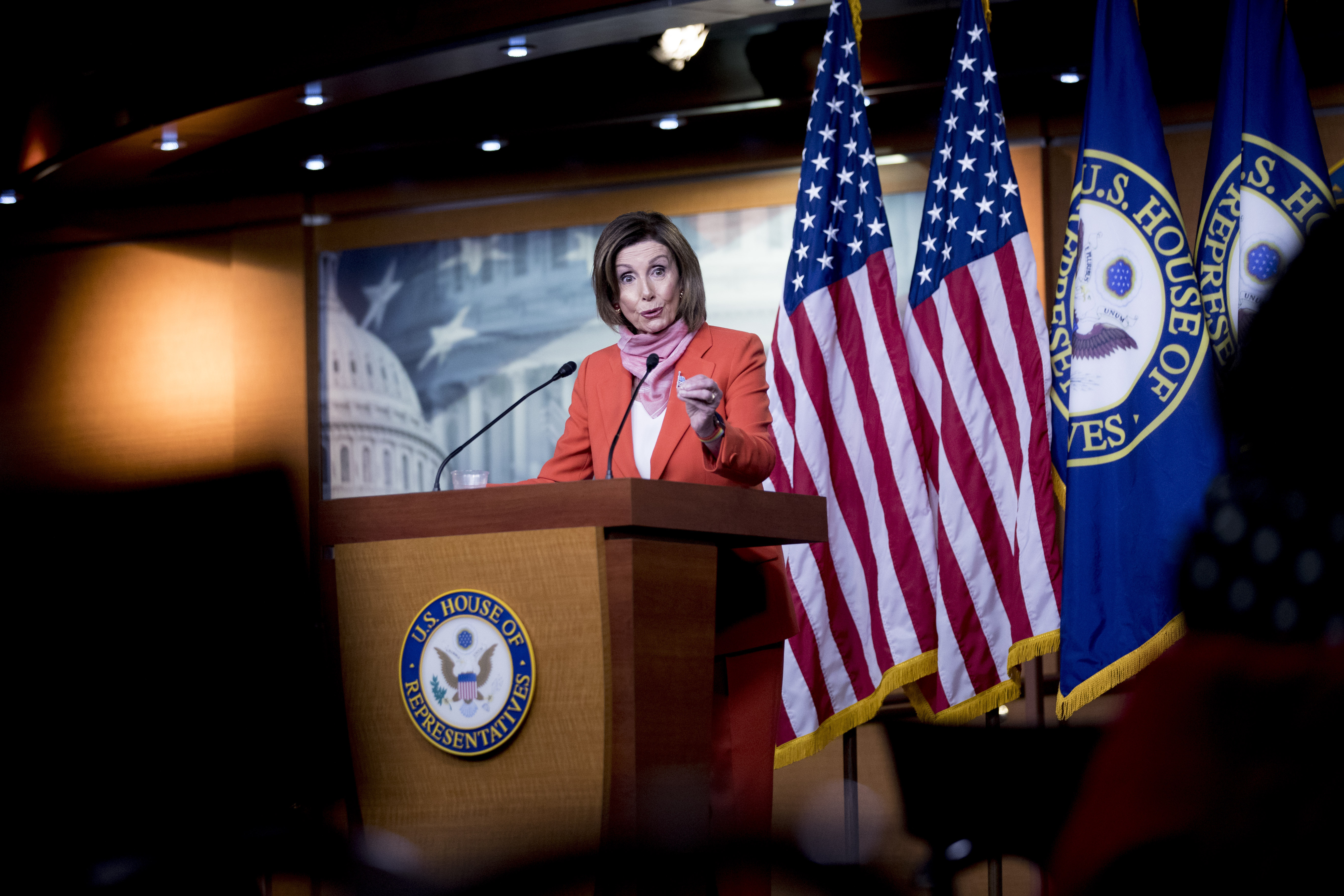
House Speaker Nancy Pelosi that the idea of a guaranteed minimum income for Americans is perhaps worth considering during the coronavirus pandemic.
“Others have suggested a minimum income for a guaranteed income for people,” Pelosi said during an interview with MSNBC today. "Is that worthy of attention now? Perhaps so.”
She also emphasized a need for caution in reopening parts of the economy.
“We’re talking about the lives of the American people,” she said. "And again, the polar push of should we open up or not — if it jeopardizes the lives of the American people, we have to handle it with care."
Pelosi also said she would like to extend the timeline for small businesses to be able to use Paycheck Protection Program funds. She also defended the move to distribute the small business loans through banks rather than directly from the federal government, saying it was to expedite the process.
“I wouldn’t want banks to be made villains in this. They are facilitators and this should be something that we go forward with in a very positive way,” she said.
Pelosi also said during the interview that along with funding for states and local governments, Democrats are going to be “supporting vote-by-mail in a very important way” in the next coronavirus relief package.
“We think it’s a health issue at this point,” she said.
